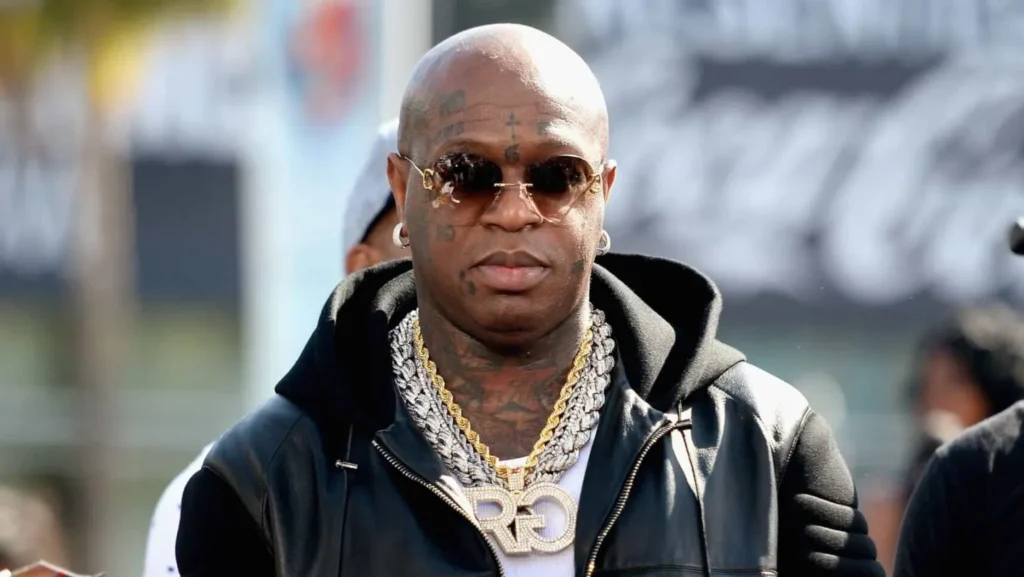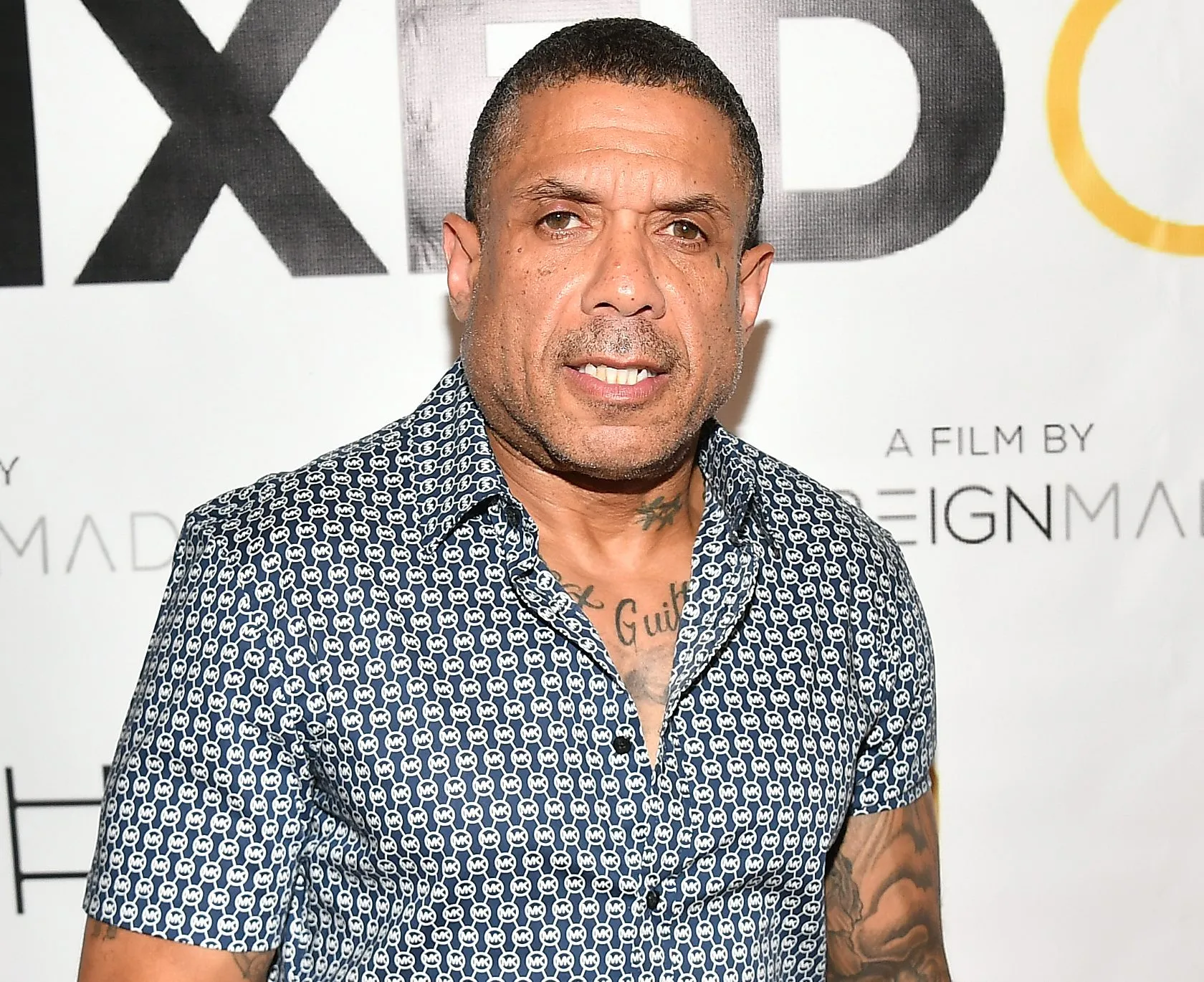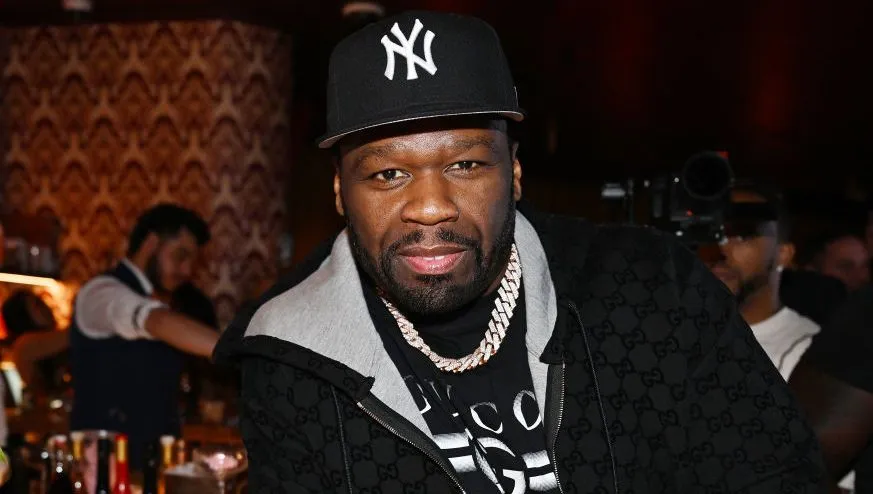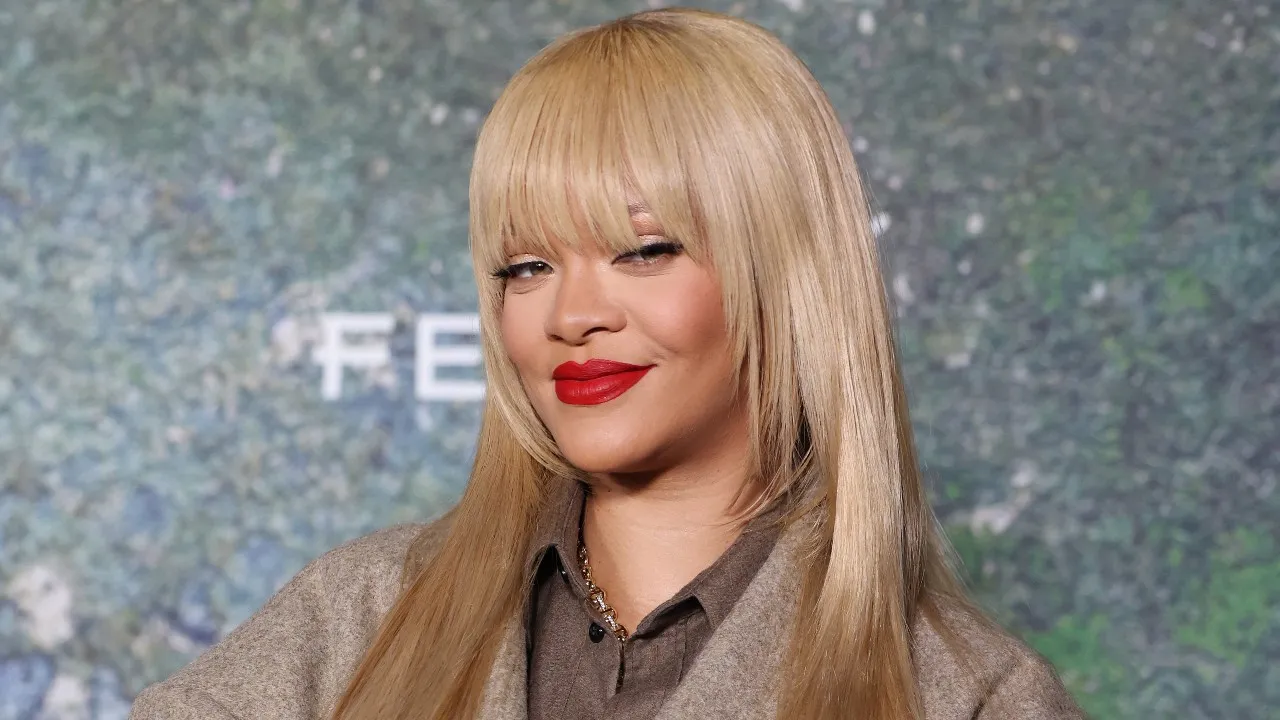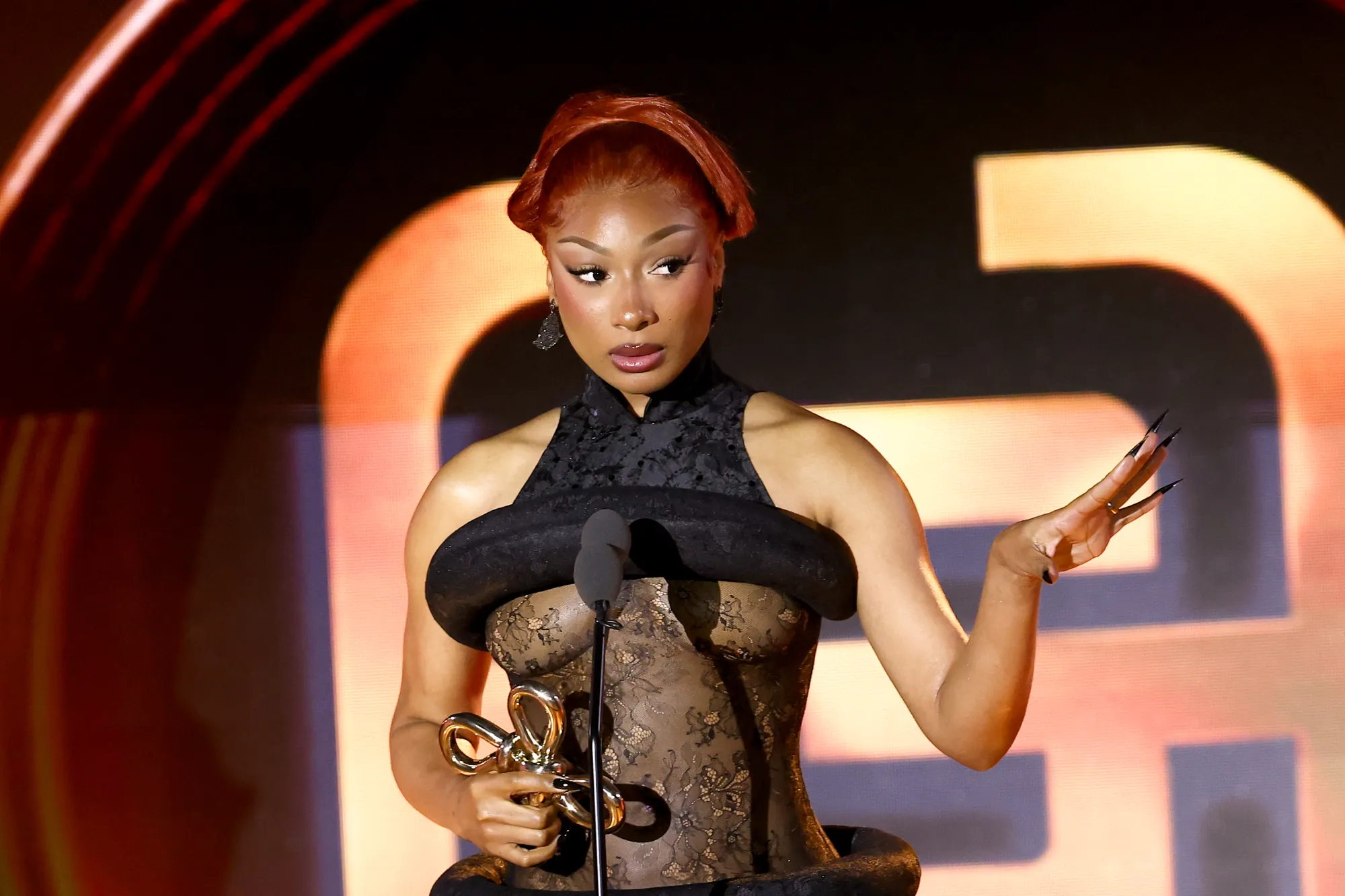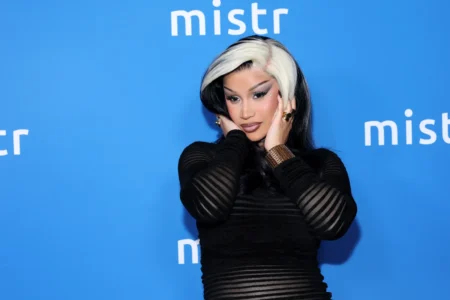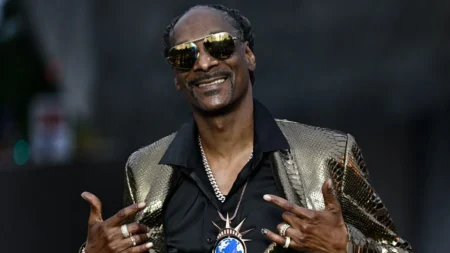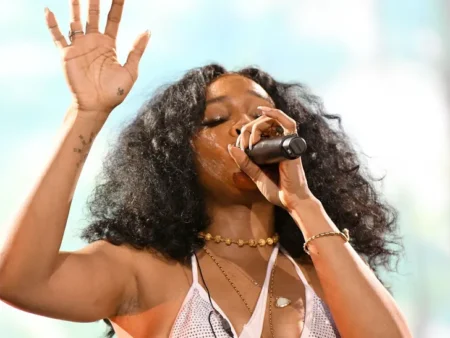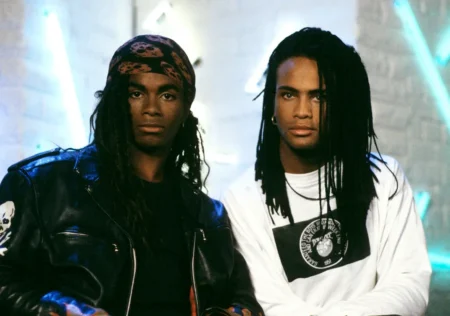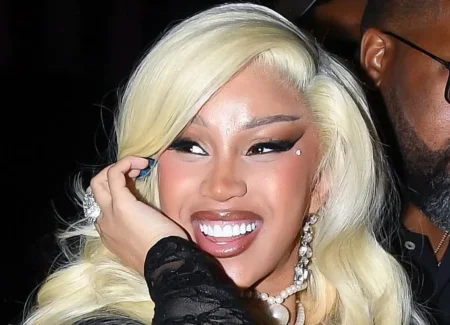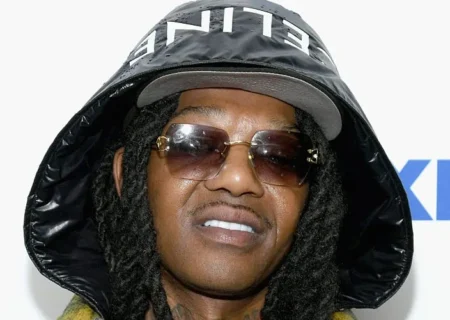Before Cash Money Records became a powerhouse in hip-hop, co-founder Bryan “Birdman” Williams had to overcome extraordinary obstacles — rejection, betrayal, and bitter rivalries — to carve out his place in music history.
In a candid interview with Nick Cannon on Counsel Culture (April 23), Birdman pulled back the curtain on the early struggles he and his brother, Ronald “Slim” Williams, faced while building their now-legendary empire. His reflections offer an inspiring — and at times shocking — glimpse into the gritty hustle behind Cash Money’s rise.
Major Labels Shut the Door
Birdman revealed that early meetings with major record labels were anything but encouraging. Despite the explosive potential of their New Orleans-rooted sound, Cash Money Records was initially dismissed.
One of the first rejections came from Warner Bros., where then-executive Sylvia Rhone turned them away.
“Sylvia Rhone said our music don’t work for them,” Birdman recounted. “So, we just left. I walked out without saying much. I knew what we had, and if they couldn’t see it, that was on them.”
It wasn’t just Warner Bros. Def Jam, one of the biggest forces in hip-hop at the time, also failed to recognize their talent — but for a surprising reason.
Birdman recalled meeting with Russell Simmons, Lyor Cohen, and Kevin Liles at Def Jam, only to be criticized not for their music but for their album artwork.
“Russell said he didn’t like our artwork,” Birdman said, still sounding baffled by the encounter. “I thought, ‘This is some weird sh*t.’ I wasn’t there for the art — I was there for the music. When they didn’t even ask about the music, I walked out.”
For Birdman, these experiences fueled an already fierce determination to succeed on his own terms.
Master P’s Blocked Deal and the Battle for New Orleans
Birdman also shared the dramatic story of how Cash Money almost signed a distribution deal with Priority Records, home to Master P’s No Limit Records. However, the deal fell apart at the last moment, allegedly due to Master P’s intervention.
“They flew us out to California — me, Slim, and some of the homies,” Birdman said. “We had meetings lined up. But when we got there, Priority told us they couldn’t do the deal. They said, ‘Master P said if y’all sign, he’s leaving.’ So they chose him over us.”
Instead of being discouraged, Birdman returned to New Orleans more determined than ever.
“I jumped on a jet, came back home, and said, ‘F**k it. We’re going to grind harder.’ We weren’t about to stop.”
For years, rumors of tension between No Limit and Cash Money swirled in the industry. However, both Birdman and Master P have since clarified that there was no lasting animosity. Master P addressed the speculation during his appearance on No Chill with Gilbert Arenas.
“People thought we had beef, but we lived right up the street from each other,” Master P said. “There was competition, sure — but it was love, too.”
Cash Money Strikes Historic Deal with Universal Records
While many doors were slammed in their faces, opportunity finally knocked in a major way.
Birdman recalled receiving a call from Mel Lewinter, an executive at Universal Records. Though initially reluctant to travel again — after so many disappointments — he decided to take one final flight.
“I told them, ‘This is my last trip. I’m tired of getting on planes for nothing. If this don’t work, I’m staying in New Orleans and making it happen myself.'”
That meeting turned out to be life-changing.
Cash Money inked a landmark deal with Universal Records in 1998, which granted Birdman and Slim an unprecedented amount of creative control and ownership over their masters — an unheard-of arrangement at the time. The deal was reportedly worth $30 million, with a 85/15 distribution split in favor of Cash Money, allowing the label to retain full control over their artists and releases.
This groundbreaking agreement laid the foundation for Cash Money’s dominance, launching the careers of multi-platinum artists like Lil Wayne, Juvenile, B.G., and Turk — and eventually, the rise of Young Money artists like Drake and Nicki Minaj.
Cash Money’s legacy is now cemented in music history, influencing generations of rappers and reshaping the business side of hip-hop forever.
The Legacy of Cash Money and Birdman’s Unbreakable Spirit
Birdman’s story is a masterclass in resilience. Despite facing countless rejections and obstacles, he refused to compromise his vision. His persistence not only built a label but also changed the industry model for independent success.
Today, Cash Money Records remains one of the most iconic brands in music, and Birdman’s journey serves as inspiration for countless young artists and entrepreneurs.
In an industry where gatekeepers often control access, Birdman proved that betting on yourself — even when everyone else says “no” — can lead to unimaginable success.




